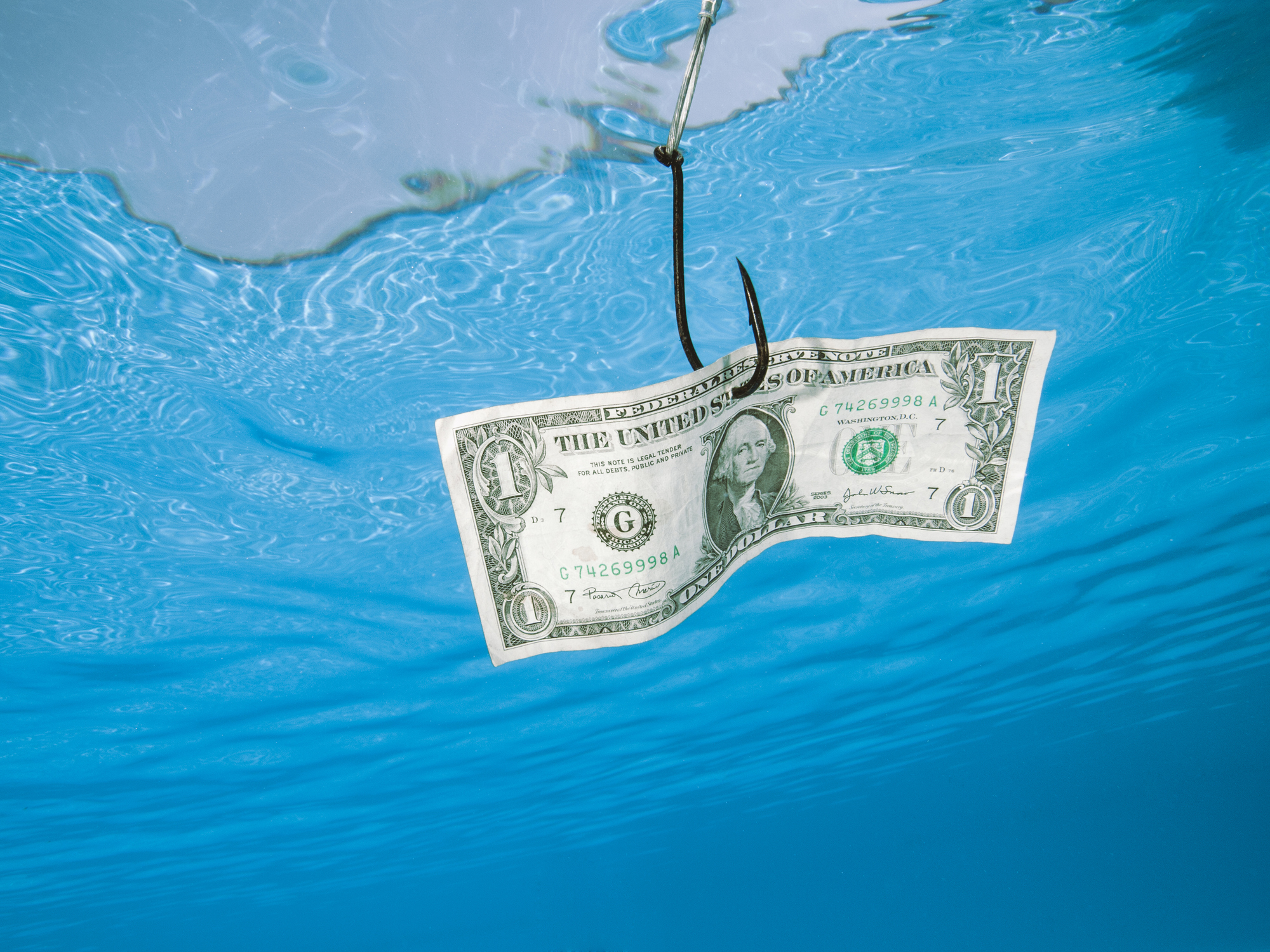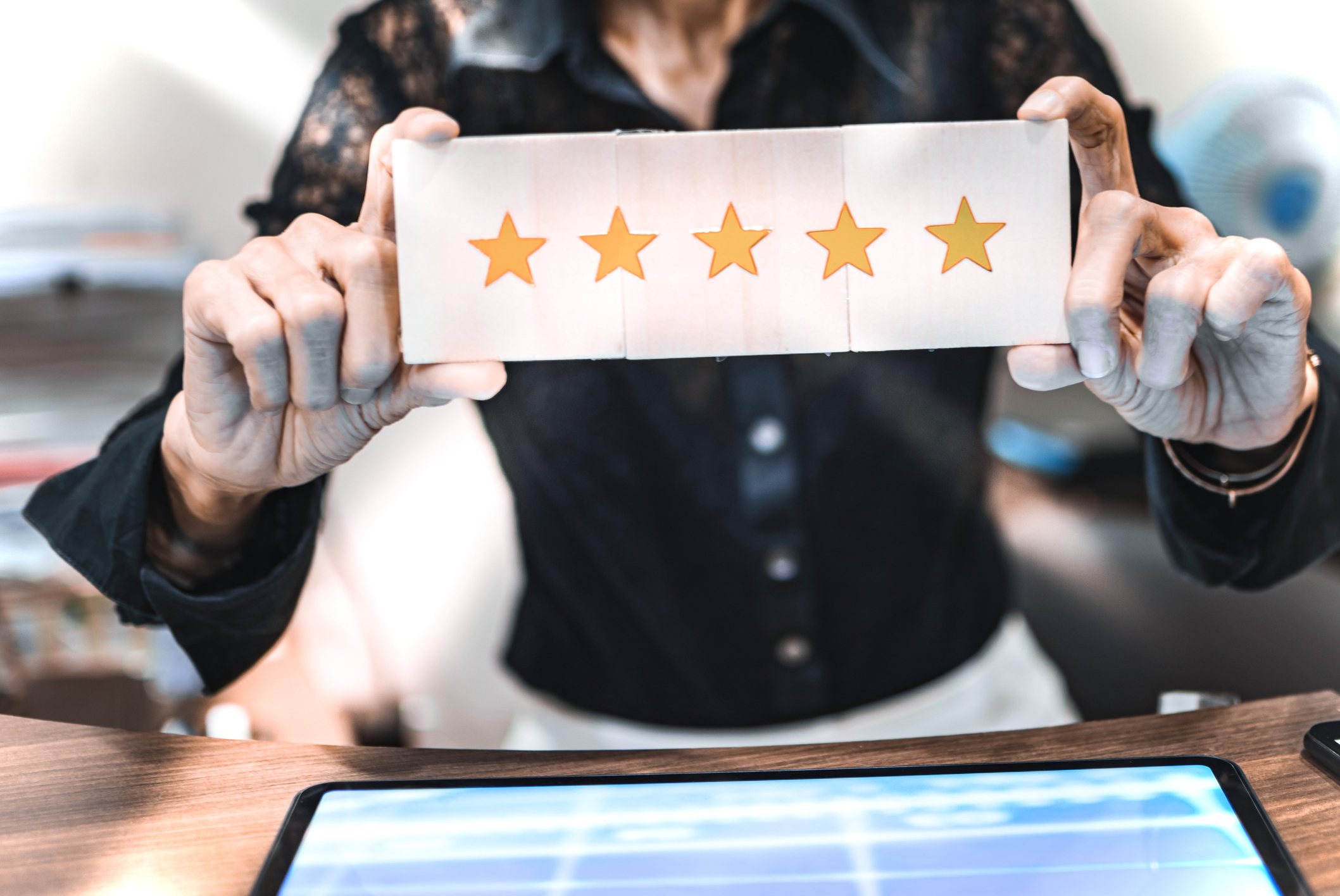What Are the Legal Risks of Cheating in a Tournament?
“It’s only cheating if you get caught.”
We’re not sure who said it first, but it may have been the immortal Al Bundy, a lazy but lovable shoe salesman in the TV series “Married … with Children,” nearly 30 years ago. Al uttered those words after cheating his way into a race against senior citizens and winning a trophy.
Americans might love rascals and rebels who bend the rules as long as they’re entertaining. The fictional Al Bundy might make us laugh, but we are not amused when real-life competitors cross the line from rule-bending to outright cheating.
We believe in fair play. That’s why we are so outraged when we learn about seven-time Tour De France cycling winner Lance Armstrong’s doping admission, the Houston Astros’ elaborate baseball cheating schemes in 2017, or figure skater Tonya Harding ordering a kneecapping hit job on her chief competition, Nancy Kerrigan.
And that is why we are troubled by all the recent news of actual and suspected cheats occurring at lesser competitions involving fishing, chess, and poker.
Hook, Line, and Lead Weights
We’ll start with the fishing cheats. On Oct. 12, a Cuyahoga County (Ohio) grand jury indicted two men on multiple charges that they cheated in a recent walleye fishing tournament on Lake Erie by stuffing lead weights inside their catches.
Jacob Runyan and Chase Cominsky stood to earn nearly $30,000 in cash and prizes in the Lake Erie Walleye Trail Championship last month. The pair were suspected of cheating in previous tournaments, and at the weigh-in for the Lake Erie competition, tournament director Jason Fischer was skeptical of the fishes’ weight. He then prodded the fishes’ stomachs and sliced the fish open to reveal the illegal contents, which included the lead balls and walleye fish fillets.
If convicted, Runyan and Cominsky could face up to a year in prison and fines of up to $2,500 for three of the felony charges.
Gambits of Suspicion
In the chess world, a suspected cheating scandal focuses on 19-year-old grandmaster Hans Niemann, who defeated Norwegian grandmaster Magnus Carlsen at the Sinquefield Cup last month. Niemann admitted that he used electronic devices to cheat in online games when he was younger but has never cheated in an “over the board” (OTB) game.
Still, suspicions persist. On Sept. 26, Carlsen tweeted his belief that Niemann is somehow cheating, and on Oct. 4, Chess.com issued a 72-page report alleging that Niemann has cheated in more than 100 online games, far more than he’s admitted.
Online cheating can take the form of secretly getting move recommendations from a computer program known as a chess engine. But explaining how a chess player might use a chess engine in an OTB game is unknown. There’s been speculation that a player could use an electronic signaling device (we’ll let you find out for yourself about just where people think he kept his device), but at least at the first round of the U.S. Chess Championship in St. Louis earlier this month, intensive scanning machines found Niemann to be clean.
All In
The poker brouhaha involves a live-streamed, high-stakes game with a $269,000 pot and an allegation by veteran player Garrett Adelstein that a relative newcomer, Robbie Jade Lew, cheated to get the pot. The essence of the charge is that Lew won by going “all in” with a very weak hand, a move that few poker players would ever consider doing.
In a lengthy tweet, Adelstein explained his suspicions, noting that one way to cheat during live-streamed poker would be to have some kind of vibrating device that tells a player whether they have the best hand — although he didn’t allege that Lew did that.
In an interesting twist that is a bit hard to comprehend, but after a confrontation following the game, Lew later agreed to return Adelstein’s half of the pot. Meanwhile, the live-stream show, Hustler Casino Live, said it is hiring a law firm to investigate what the heck happened.
Lessons?
So, in the end, what is the message from these stories of cheating and suspected cheating? First, if you’re Hans Niemann or Robbi Jade Lew, the publicity doesn’t exactly harm your brand — at least, not yet. Second, if you cheat, you could pay a price — but, of course, that’s only if you get caught.
Related Resources
You Don’t Have To Solve This on Your Own – Get a Lawyer’s Help
Meeting with a lawyer can help you understand your options and how to best protect your rights. Visit our attorney directory to find a lawyer near you who can help.






